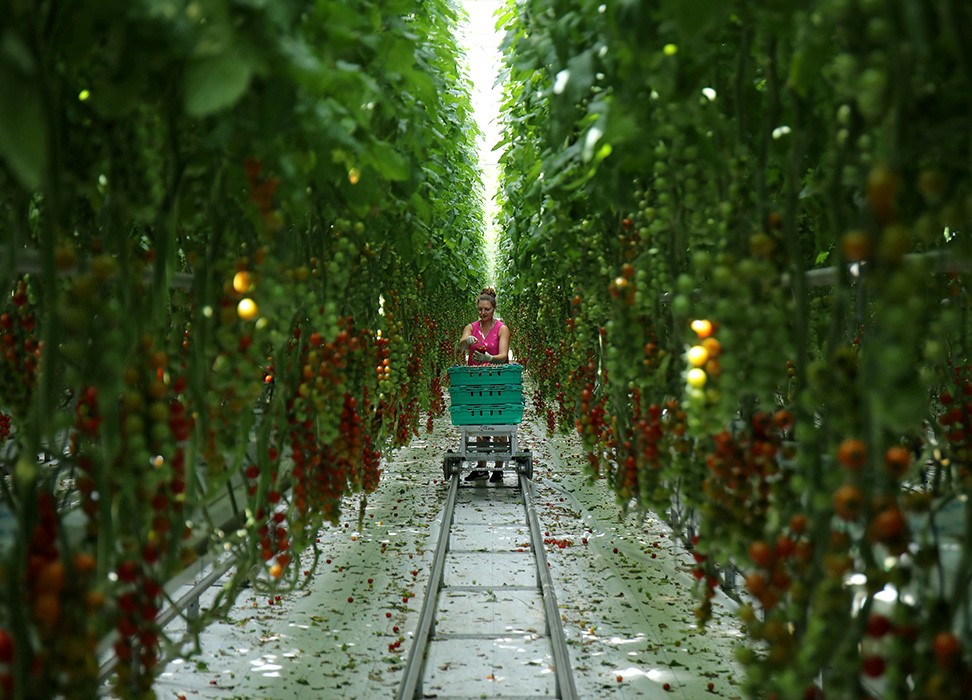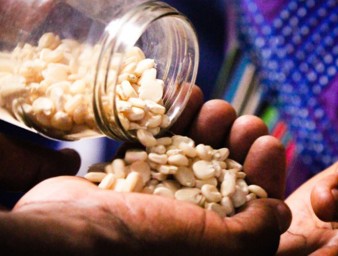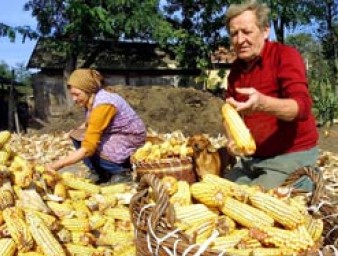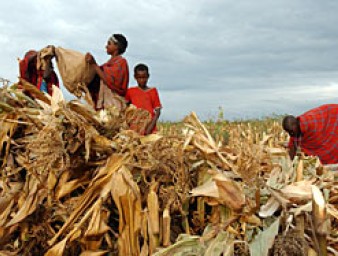Recommit to the right to food- UN expert
15 November 2022

“One year ago, the international political situation was bad. It was bad because there was no multilateral response to the food crisis,” UN Special Rapporteur on the right to food, Michael Fakhri, told the UN General Assembly (GA) in New York.
“I can tell you, in last year’s resolution on the right to food you gave the world hope… It was like you gave the world the green light it needed to dedicate more political and diplomatic energy to addressing the food crisis,” he added.
In his latest report to the GA, Fakhri analyses the issues linked to food insecurity and nutrition that were exposed during the COVID-19 pandemic, a time during which communities around the world have been able to adapt to survive. For this, they adopted resilient solutions such as localized markets, public food reserves and public food distribution systems, as well as agroecology, defined by the UN’s Food and Agriculture Organization as an integrated approach that simultaneously applies ecological and social concepts and principles to design and management of food and agricultural systems.
However, Fakhri pointed out that, although Governments on their end were able to implement pandemic relief measures - such as direct cash transfers, universal school meals, the protection of workers’ rights and social protection - they have yet to mobilize and come up with a perennial multilateral response to the global food crisis.
Since Fakhri’s appearance before the GA in 2021, food insecurity, he said, has worsened.
Lockdown measures that have restricted the access of food producers to their territories and forced the closure of informal markets where those foods where sold have had an unfair impact on small scale farmers and on the livelihoods of poor urban buyers and sellers.
The expert also pointed out that women, who make up a sizable portion of workers in the informal sector and of smallholder food producers and also bear the responsibility to feed their families, were likely the first to go hungry. Also under these lockdowns, children were denied access to daily school meals. Another concern of the expert was that more children would be pushed into work, especially in the agricultural sector. Last year, child labour increased globally to 160 million, the first rise in 20 years.
Fakhri further said that, this year, an additional 50 million people will face severe hunger, and another 19 million are expected to face chronic undernourishment in 2023. Domestic food inflation in more than 60 countries is reportedly 15 per cent or higher year on year, and about 60 per cent of low-income countries find themselves in, or at high risk of, debt distress.
To overcome these challenges, the expert urged governments to build on what worked during the pandemic as an immediate response. “Many governments are starting to end pandemic relief measures. But measures like universal school meals and direct cash transfers provided proof of what is possible to realise the right to food. Make these programmes permanent, do not end them,” he said.
Fakhri also recommended that governments re-purpose their existing budgets to transition to agroecology, urging them to ensure that their populations have strong land rights and equitable access to land.
He also called on UN Member States to reaffirm their commitment to the right to food by creating a declaration to “inspire and galvanize the world to cooperate and tackle the food crisis.”
“For every moment governments delay enacting a coherent, coordinated food security agenda, more people will become poorer, sicker and hungrier,” Fakhri said.
“But change won’t happen until workers, peasants, pastoralists, fishers and indigenous peoples establish new relationships of solidarity. This has proven to bring about real and equitable change.”



